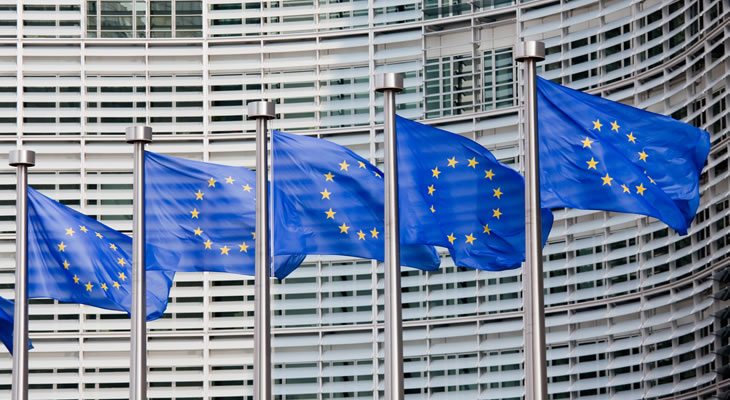Italian Budget Progress Boosts Euro (EUR) Exchange Rates as Conflict with EU Eases
Reports that the Italian government is backing down from its plans to run a 2.4% budget deficit over the next three years offered encouragement to the Euro (EUR).
This sense of increased optimism helped EUR exchange rates to recover some of the ground lost on Tuesday, even though fears over the future of the Italian economy persist.
As long as the threat of a potential Italian exit from the single currency remains even a remote consideration, however, the upside potential of the Euro looks limited.
Until the EU and Italy see eye to eye on the budget issue the threat of renewed EUR exchange rate volatility remains.
A weaker-than-expected German services PMI also helped to limit the recovery of the Euro, with the Eurozone’s powerhouse economy still showing signs of losing its momentum.
This limited the pressure on the Pound Sterling to Euro (GBP/EUR) exchange rate for the time being, suggesting that the Eurozone is continuing to struggle to return to a stronger state of growth.
Pound Sterling Euro (GBP/EUR) Exchange Rate Holds Steady Despite Dip in UK Services PMI
While the UK services PMI fell short of forecast in September, easing from 54.3 to 53.9, this still signalled robust growth within the sector.
As a result, the mood towards Pound Sterling (GBP) saw some improvement on Wednesday morning, even as Brexit-based uncertainty continues to hang over the domestic outlook.
Even so, the underlying details of the report still point towards the sector coming under greater pressure in the third quarter.
As Duncan Brock, Group Director at the Chartered Institute of Procurement and Supply, commented:
‘Though the growth in services activity remained solid this month it was below the survey’s average, and there are still some potential challenges that could just tip the sector’s scales into more concerning territory.
‘Gloom over Brexit continued to bear down on confidence which translated into client hesitancy over placing big ticket contracts. Longer delays in decision-making also contributed to the underwhelming pace of new order growth as a subdued UK economy failed to fill the void.’
If the Conservative Party fails to find a unified position on Brexit political jitters are likely to keep GBP exchange rates on the back foot in the days ahead.
Weakening German Factory Orders Forecast to Pressure Euro (EUR) Exchange Rates
Although developments in Italy are likely to dominate sentiment towards the Euro this week additional volatility is anticipated in response to the latest German data.
Friday’s factory orders and producer price index figures may put EUR exchange rates under fresh pressure, with any signs of weakness set to weigh heavily on the single currency.
Evidence that inflationary pressure is struggling to build within the German economy could give the GBP/EUR exchange rate a solid boost ahead of the weekend.
Forecasts also point towards a sharp contraction in factory orders on the year, a fresh sign of the negative impact that global trade tensions have had on Germany.
Unless Eurozone data shows signs of picking up the Pound Sterling to Euro (GBP/EUR) exchange rate could hold onto an uptrend in the near term.


Comments are closed.